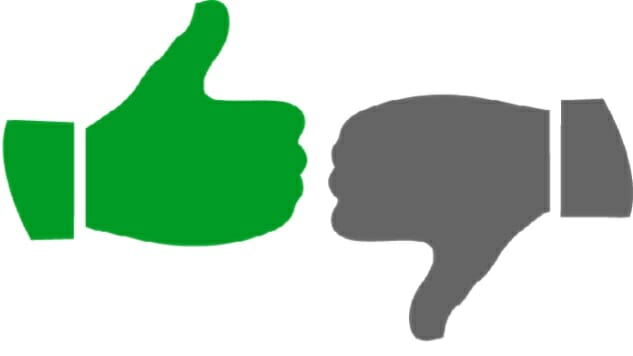In the movies, as in life, we take the bad with the good. So when year end dawns, and critics, whether through channels like their critics groups or the outlets they work for, prepare their “best of” lists, it’s not surprising there are plenty of “worst of” lists, too.
The former is a good thing. “Best of” lists have a function. They point interested viewers in the direction of movies that deserve their time and money, with the auxiliary goal of further delineating our cultural film canon. Thanks to the tireless ranking machine that is the Internet, and thanks to the critics and scholars who were ranking movies before the Internet made it profitable, we can call to our fingertips a list of cinema’s most significant, influential, or otherwise excellent films dating back to the birth of the medium, any time of day we like.
“Worst of” lists, on the other hand, are junk food. You have likely found yourself awake at night with a dire case of the munchies, and when you have a case of the munchies, you do not dig through the fridge for hummus and carrot sticks; you reach into the cupboard, yank out the Nutella, grab the nearest spoon, and let physics take care of the rest. The same goes for most “worst of” lists: You summon (or stumble upon) them via Google search as an indulgence, not to learn or to better yourself but to giggle at japes against unqualified disasters, cheap entertainments, and artistic misfires. “Worst of” lists are seldom about consensus or canon—they’re about schadenfreude.
Pull up a “worst movies of 2017” article and you’ll see derision poured on The Book of Henry or The Snowman, The Bye Bye Man or The Emoji Movie. There’s a chance if you encountered these movies firsthand during their theatrical runs, you’ve indulged in a bit of negative criticism yourself. (When it comes to crappy films, it can be fun to read, to write and to just commiserate with a friend over the sheer suck of it all.) Yet the more negative criticism is collated, the more toxic it becomes. Studios drop bad movies into circulation every week of every year, and critics post unflattering notices about those movies, but when we corral those inferior efforts and trot them before a readership to face mass ridicule, something different happens. Enter that jar of Nutella. Mass-consuming bullet point kvetching is detrimental to your health, too, whether it’s about movies or politics or organized sports drama.
That’s not to say the compiling “best of” lists is some transcendently noble custom. There’s a discussion worth having over whether or not the dog and pony show of the year-end awards rush is good for movies both as works of art and as commodities in the first place. But highlighting the praiseworthy is a vastly different exercise than highlighting the deplorable. Though there’s more to being a critic than assigning movies a star count or a letter grade, if we have to boil the job down to a single role, it’s about stumping for movies we feel passionately about. “Worst of” lists flip the energy around. “Worst of” lists don’t generate net positivity, and often, they don’t generate criticism, either. Mostly they generate click-baiting mockery 9and, granted, traffic).
So here’s a proposal: Take the year off from annual shit-talk about crummy movies and save the end of 2018 for talking about the best, and if movies get worse in 2019, maybe we’ll go back to the norm if only to blow off steam. Frankly, there are just too many bad movies to choose from, and that’s when you’re only talking about obvious culprits, the Justice Leagues and the Bye Bye Mans and the Fist Fights, without getting into more controversial territory by talking about highbrow failures. (There’s more value, perhaps, to critiquing the sacred calves of awards season, at least if you care about which films get to represent film canon.) George Santayana once opined, “Those who cannot remember the past are condemned to repeat it.” But when it comes to dwelling and rehashing the worst a year has to offer, some films are best forgotten.
Boston-based pop culture critic Andy Crump has been writing about film and television online since 2009, and has been contributing to Paste since 2013. He also writes words for The Playlist, WBUR’s The ARTery, Slant Magazine, The Hollywood Reporter, Polygon, Thrillist, and Vulture, and is a member of the Online Film Critics Society and the Boston Online Film Critics Association. You can follow him on Twitter and find his collected writing at his personal blog. He is composed of roughly 65% craft beer.
